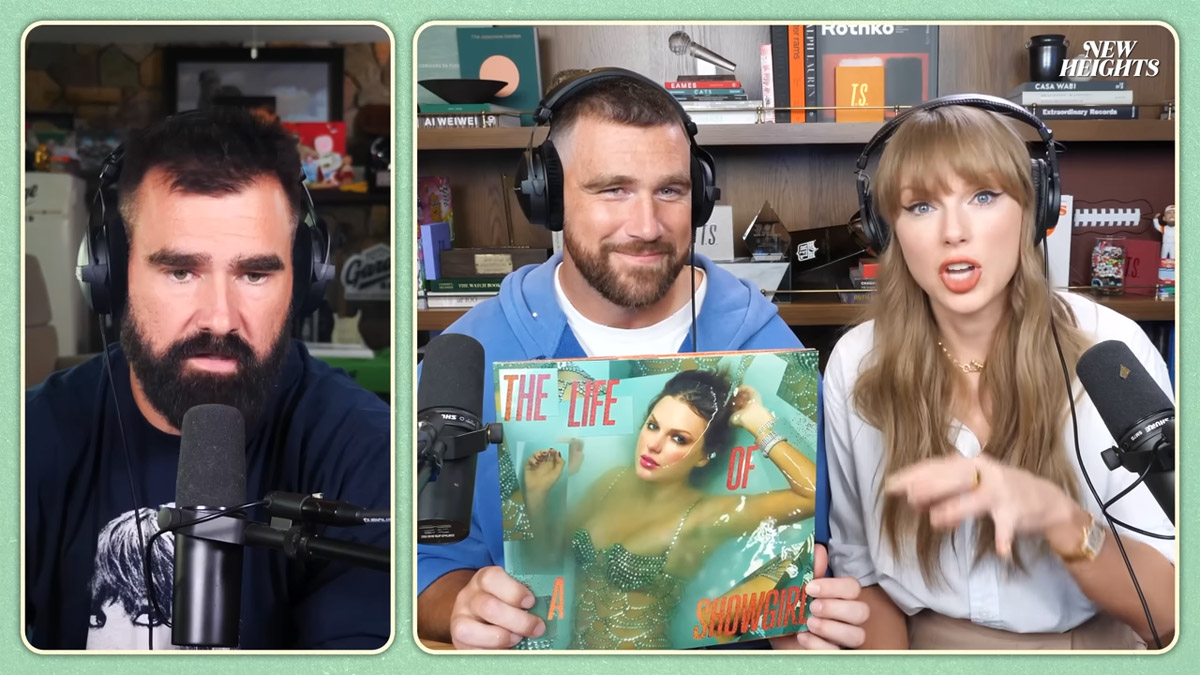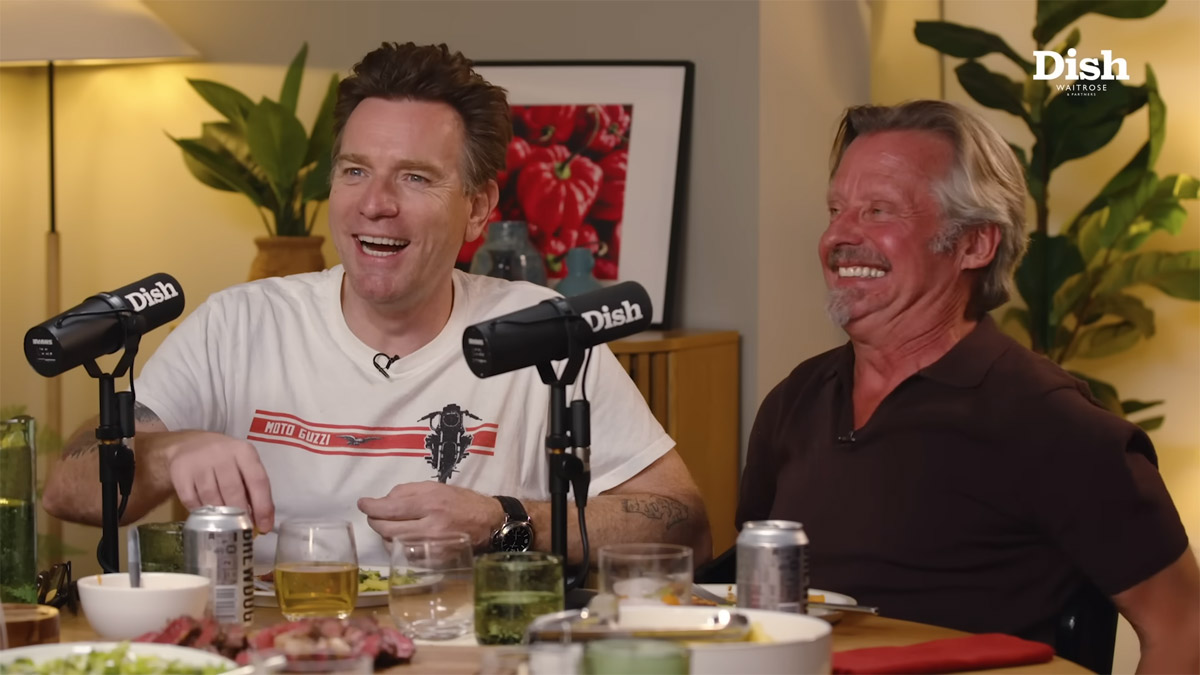
As I noted last week, it’s the most listicle time of the year. My favorite reveal is the Pantone color of the year. Why? Because I love color! (And dog help us, we better be getting something jazzier than the previous two year’s subdued hues, “Peach Fuzz” and “Mocha Mousse.”) But my close second favorite are the words selected by various dictionaries. Dictionary.com kicked things off when they announced “67” as their choice, which the anarchist/contrarian/wily imp in me appreciated after learning they were specifically asked not to give the numbers word the honor. Now Cambridge Dictionary has spoken. So, what article of vocabulary is succeeding last year’s pick “Manifest” for WOTY? “Parasocial,” which Cambridge Dictionary defines as “involving or relating to a connection that someone feels between themselves and a famous person they do not know, a character in a book, film, TV series, etc., or an artificial intelligence.” Yep, I’d say that tracks for these times. Some paragraphs on the meaning of parasocial:
The term was coined in 1956 by sociologists Donald Horton and Richard Wohl, who wanted to describe how television viewers formed “para-social” relationships with TV personalities, the dictionary said in a statement Tuesday.
This phenomenon continues today, as social media users form parasocial relationships with celebrities, influencers and online personalities with whom they have no personal connection.
A key example cited by Cambridge Dictionary is singer Taylor Swift, who announced her engagement to NFL star Travis Kelce this year, with many fans talking of their heartfelt feelings toward a couple that the vast majority had never met.
Another is British singer Lily Allen, whose latest album “West End Girl” tells the story of a breakup and sparked a “parasocial interest in her love life,” according to the statement.
And use of the term has surged this year, particularly as concerns over the connections that some people have started to develop with AI chatbots such as ChatGPT have come to the fore.
Colin McIntosh, a lexicographer at the Cambridge Dictionary, said the word “captures the 2025 zeitgeist” and demonstrates how language changes.
“What was once a specialist academic term has become mainstream,” he said in the statement.
“Millions of people are engaged in parasocial relationships; many more are simply intrigued by their rise,” McIntosh added.
“The language around parasocial phenomena is evolving fast, as technology, society and culture shift and mutate: from celebrities to chatbots, parasocial trends are fascinating for those who are interested in the development of language,” he said.
Simone Schnall, Professor of Experimental Social Psychology at the University of Cambridge, said in the statement that the word “is an inspired choice.”
“The rise of parasocial relationships has redefined fandom, celebrity and, with AI, how ordinary people interact online,” she said.
“We’ve entered an age where many people form unhealthy and intense parasocial relationships with influencers,” Schnall added.
“This leads to a sense that people ‘know’ those they form parasocial bonds with, can trust them and even to extreme forms of loyalty. Yet it’s completely one sided.”
That’s interesting that the term was coined around the advent/proliferation of TVs. I would think that the phenomenon has been around as long as humans have had imaginations, but obviously a shared collective source — like TV, movies, celebrities — would make it more apparent. And as in every other instance, social media and artificial intelligence are here to exacerbate the worst elements at an exponential rate. Having a harmless crush on a movie star is one thing; I can’t be the only kid out there who on her application to a fancy private high school answered the question “name you prefer to be called” with “Mrs. Ewan McGregor.” (And I got in, ha! But turned them down to go to a better public school! Man I wish this dumbf–k administration weren’t dismantling the Department of Education, but I digress.) So yeah, crushes are one thing (and crushes on Ewan McGregor are inevitable). AI, on the other hand, is sinister and has the potential to do serious damage to people’s psyches. It already is.
Photos are screenshots from YouTube/New Heights Podcast, Dish Podcast
















*scrolls through Sussex posts*
You’re not wrong lol.
That was my first thought too lol
As in “Magat’s have a parasocial relationship with Trump, going so far as to believe he actually cares about them.”
Lol Mrs. Ewan McGregor! Love this.
I immediately thought of that Fail columnist who wrote about how she literally cried when she found out about Kate’s ‘cancer’ diagnosis, and said it felt like one of her own family members had been “struck down,” lol
At least it’s no 6-7777777!